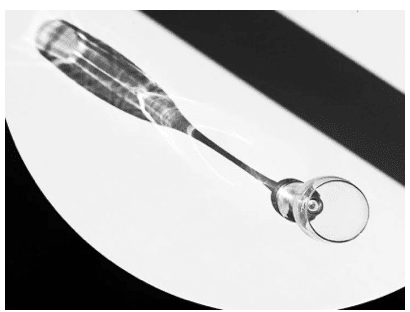Breastfeeding is recognized by both traditional and conventional healers to be the best source of nutrition for most infants. New moms are able to provide the right amounts of nutrients to their baby, including important antibodies that protect the infant from various viruses and bacteria. This is especially true of colostrum, the first milk.
That being said, only half of American women choose to exclusively breastfeed their child after six months, choosing to supplement their child’s diet with infant formula. There are many reasons for this, ranging from personal choice to an inability to produce enough milk.
It is the latter that is the most emotionally painful for the new mother, as a delay in milk production may affect her ability to bond with her baby or contribute to an increased risk of developing postpartum depression.
Many such mothers often turn to modern medicine for help; but treatment options typically include drugs that interfere with dopamine receptors, causing a rise in prolactin (the breastfeeding hormone) levels. These drugs, however, are not without their risks — mothers who take these medications often develop severe depression.
Natural galactagogues, then, are being considered as alternative options. Of these, one traditional Chinese medicine is gaining popularity. Zengru Gao, which is a herbal complex of eight different types of plants, is typically prescribed by traditional healers to increase breast milk production. A recent study has validated its potential as a natural means to help new mothers produce more milk.
100% organic essential oil sets now available for your home and personal care, including Rosemary, Oregano, Eucalyptus, Tea Tree, Clary Sage and more, all 100% organic and laboratory tested for safety. A multitude of uses, from stress reduction to topical first aid. See the complete listing here, and help support this news site.
A multi-center randomized controlled trial of 600 Chinese women was conducted. Half were placed in the treatment group while the other half comprised the control group. Women in the treatment group were given 30 g of Zengru Gao every day, three times per day. The mothers’ breast milk production was also measured at day one, three, and seven after treatment.
Authors of the study found that the herbal complex significantly improved breast milk production, with the effects being extremely notable after a week’s worth of intervention.
Some women in the treatment group did report experiencing some adverse effects, such as a cold, but the researchers stated that these effects were mild and resolved on their own after a few days.
Increasing your milk supply, naturally
Ultimately, there is no magic potion that increases breast milk supply. Even naturopaths admit this and the efficacy of Zengru Gao is only considered remarkable if you follow proper lifestyle habits and eat nutritious foods. (Related: Breastfeeding: Tips Help Guide New Mothers.)
New moms should first consult with a lactation expert to truly determine if their supply is low. If it is, there are constructive ways to address the issue. Listed below are some well-established lactogenic foods and herbs:
- Barley — The grain is a rich source of beta-glucan, a polysaccharide that increases prolactin levels.
- Fennel and fenugreek seeds — The effects of these are amplified if you take them raw. Both fennel and fenugreek seeds contain phytoestrogens that help with milk production.
- Oats — These can be easily incorporated into your diet and are perhaps the most well-known breast milk makers out there, after barley.
- Papaya — Asian cultures have used this brightly colored fruit as a galactagogue for centuries.
On the other hand, lactating mothers should avoid:
- Alcohol — Some mothers are told that drinking alcohol will help them relax, improving the quality and quantity of milk. However, alcohol blocks the release of oxytocin which affects breast milk production and reduces the warm, fuzzy feeling mothers have when holding their child.
- Chasteberry — This is a common treatment for PMS symptoms, endometriosis, and menopause. Chasteberry can cause painful swelling and engorgement among breastfeeding mothers.
Remember that breastfeeding serves both you and your baby. Your child gets the best protection from diseases, and you receive your own benefits as well, including a decreased risk of cancer.
How many pounds have you lost this month? At Dieta Efectiva you can lose 10-12 lbs your first week and 2-5 lbs every week after. Visit us dietaefectiva.netto learn more about our program.







